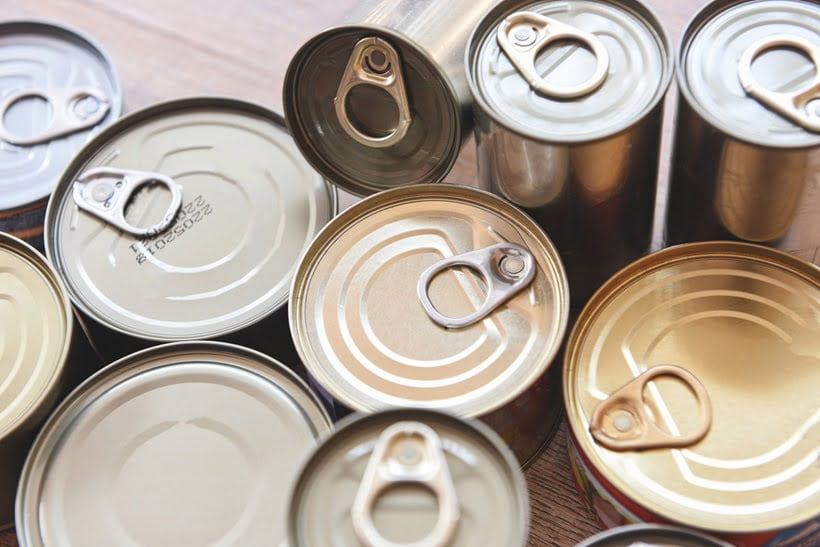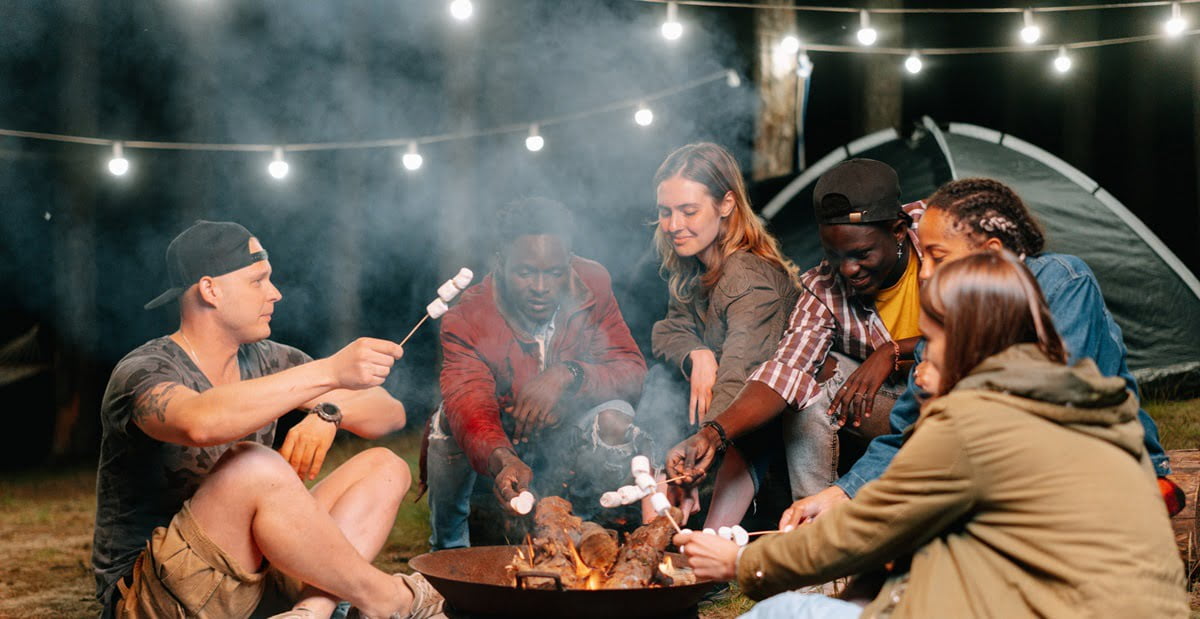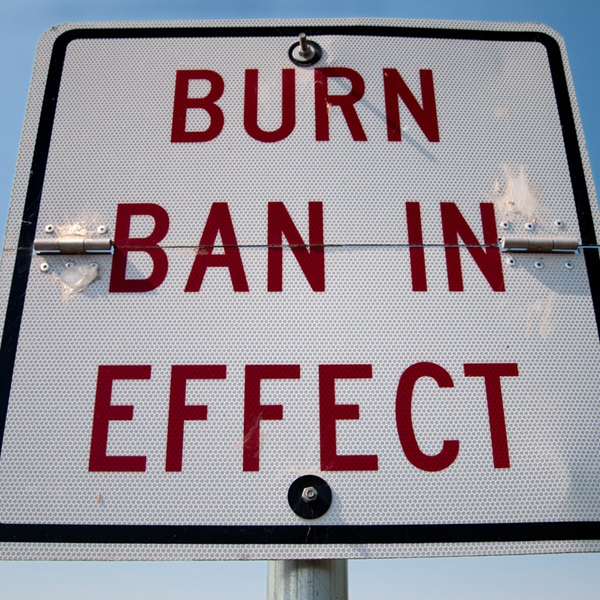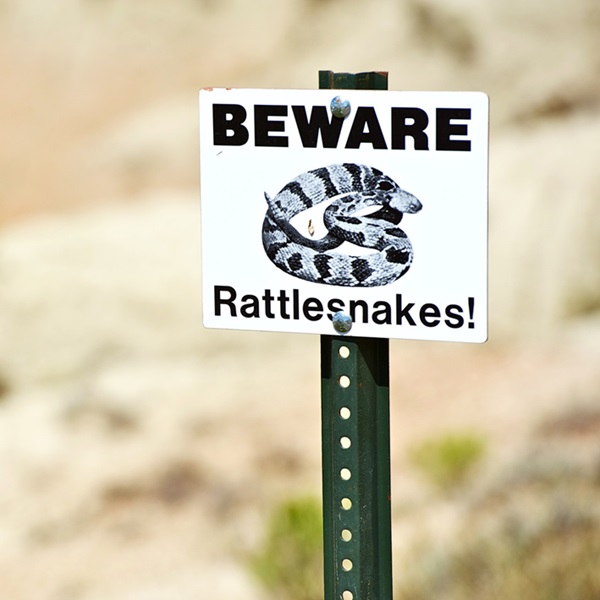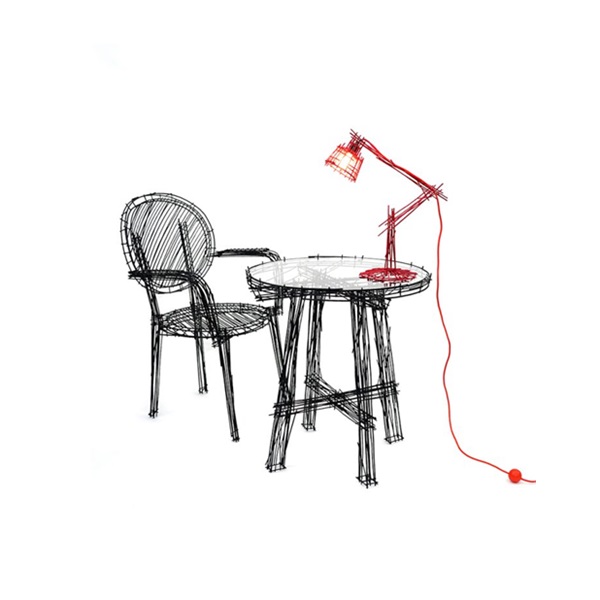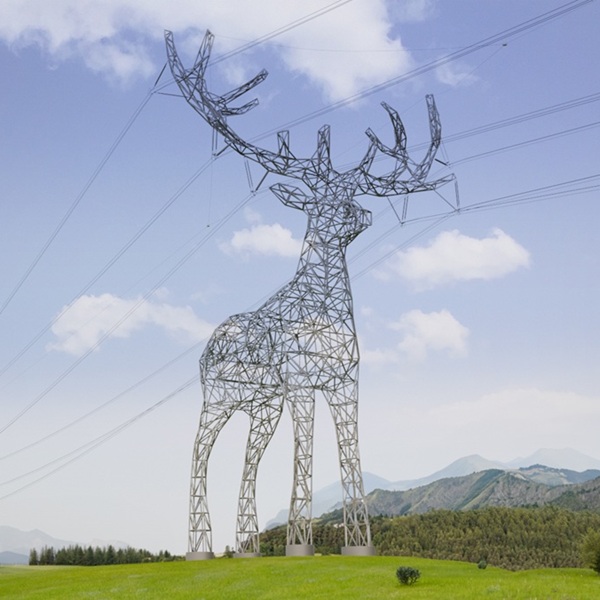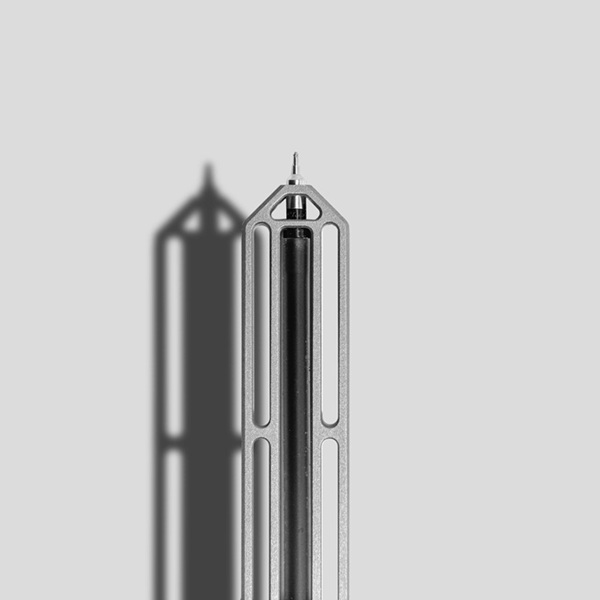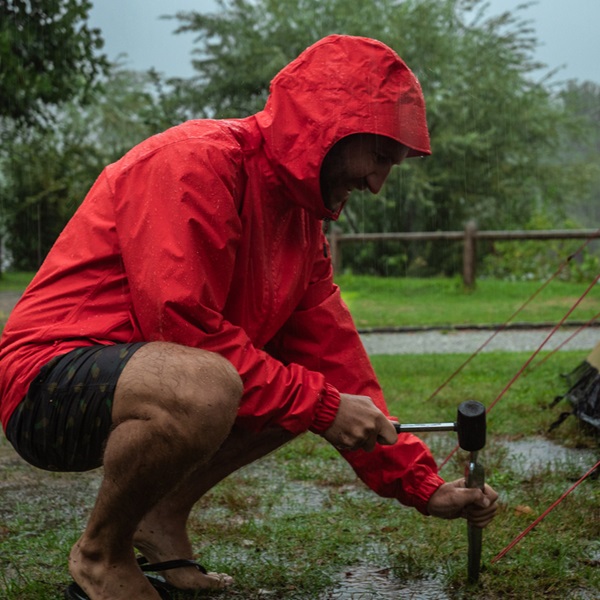
When preparing for a camping trip, it is just as important to consider what not to bring camping as it is to think about what essentials to pack. Because overloading your backpack with unnecessary items can weigh you down, create clutter, and detract from the overall experience of connecting with nature.
In addition, some items can be dangerous in the outdoors. Therefore, you need to be careful about what to bring when going camping. It does not matter if you are a beginner or a to-be-seasoned camper; you should know what not to bring camping to travel lighter, stay organized, and enjoy the outdoors.
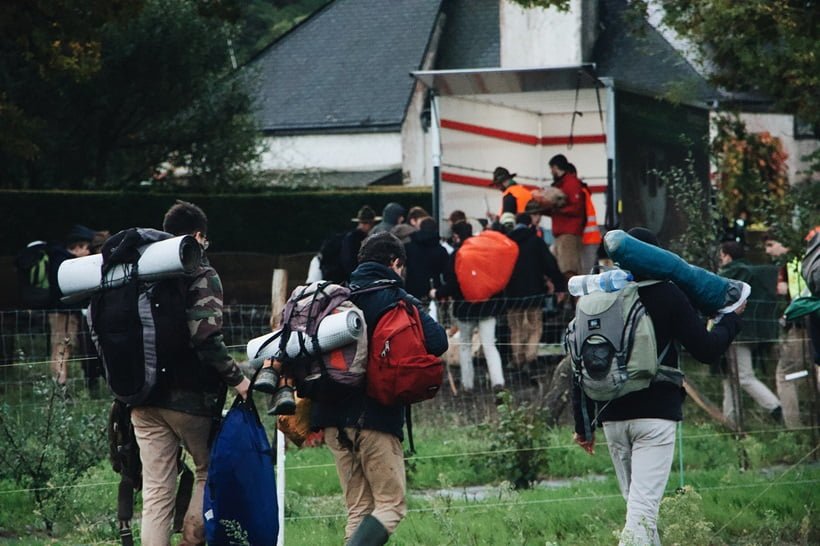
Jewelry
Bringing valuable jewelry to a camping trip is highly discouraged for several reasons. Firstly, the great outdoors is not an ideal environment for delicate and expensive items, as they can easily get lost, damaged, or stolen. The rugged terrain, coupled with outdoor activities such as hiking, swimming, and cooking over a campfire, increases the risk of losing or damaging these valuables.
Additionally, wearing flashy jewelry can attract unwanted attention, making you a potential target for theft, even in remote camping areas. To ensure peace of mind and to fully immerse yourself in the camping experience, it is best to leave valuable jewelry at home and focus on practical, adventure-friendly camping gear essentials instead.

Glass or ceramics
When considering what not to bring camping, glass or ceramics should be at the top of the list. These materials are fragile and prone to breaking, which can create a safety hazard in a rugged outdoor environment.
For example, broken glass or ceramics can lead to injuries, not only for you but also for wildlife that might inhabit the area. Additionally, shattered pieces are difficult to clean up completely, potentially leaving harmful litter behind.
Instead of glass or ceramic items, add to your camping shopping list durable, lightweight alternatives like stainless steel or BPA-free plastic for your camping gear. This switch will ensure your campsite remains safe and eco-friendly, while also reducing the weight and fragility of your pack.
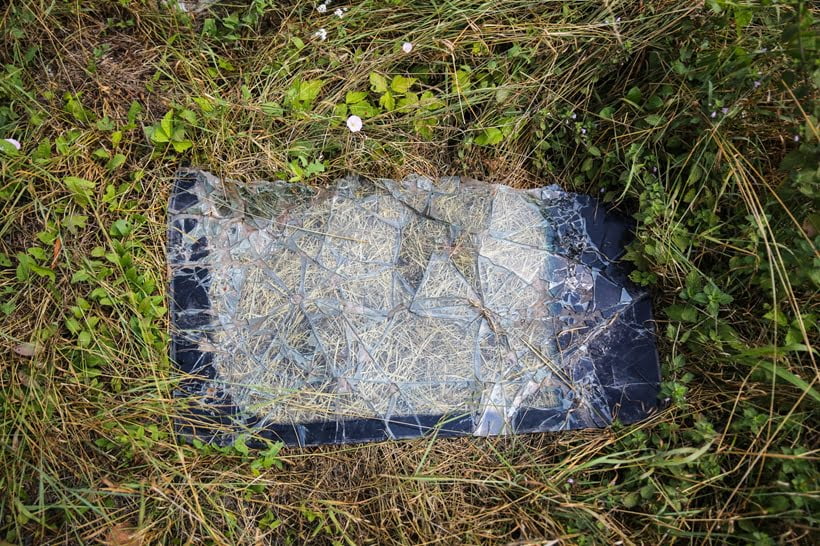
Fancy fashion items
The rugged outdoor environment is no place for delicate, stylish attire that can easily get dirty, torn, or damaged. Fancy items also tend to be less practical and comfortable for activities like hiking, cooking over a campfire, or navigating uneven terrain.
While checking things to pack for sleepaway camp, opt for durable, weather-appropriate clothing and sturdy, comfortable footwear. Items made from moisture-wicking, quick-dry materials and footwear with good traction and support will keep you comfortable and protected throughout your adventure. By choosing functional and resilient gear, you can focus on enjoying the camping experience without worrying about ruining your favorite fancy clothes or shoes.
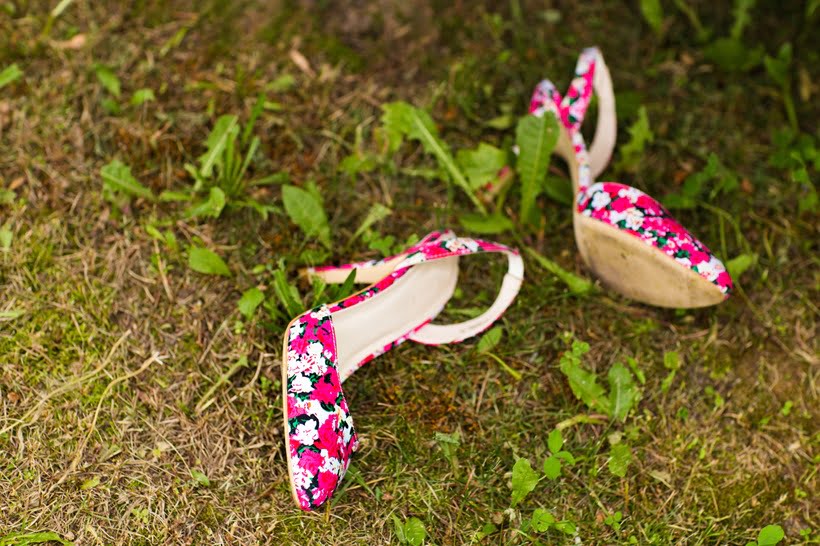
Fragile electronics should not be on your camper packing list.
If you are wondering what not to bring to camp, fragile electronics should definitely be on your list. Because the outdoor environment is often harsh and unpredictable, In addition, outdoor activities pose significant risks to delicate devices such as tablets, laptops, and high-end cameras. Exposure to moisture, dust, and extreme temperatures can easily damage these electronics, rendering them useless and potentially ruining your trip.
Moreover, the primary goal of camping is to disconnect from daily digital distractions and immerse yourself in nature. By leaving fragile electronics at home while preparing the camp pack list checklist, you not only protect your valuable devices from harm but also enhance your overall camping experience by staying present.
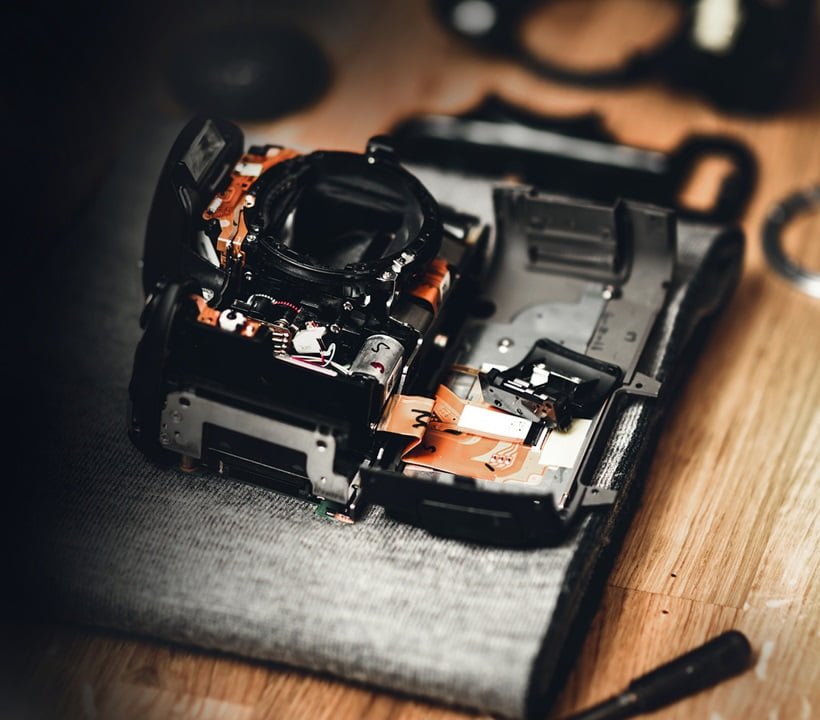
Big Toiletry Bottles or Packs
Big bottles or packs of shampoo, conditioner, and other personal care products add unnecessary weight and bulk to your backpack. Such heavy items make it harder for you to travel light. These large containers can also take up valuable space that could be used for other essential items.
Instead, you can pack travel-sized toiletries or reusable, refillable containers that hold just enough product for the duration of your camping packing list for families. This approach not only saves space and reduces weight but also minimizes waste and is more environmentally friendly. By packing smaller, more manageable toiletries, you can enjoy a more streamlined and efficient camping experience.
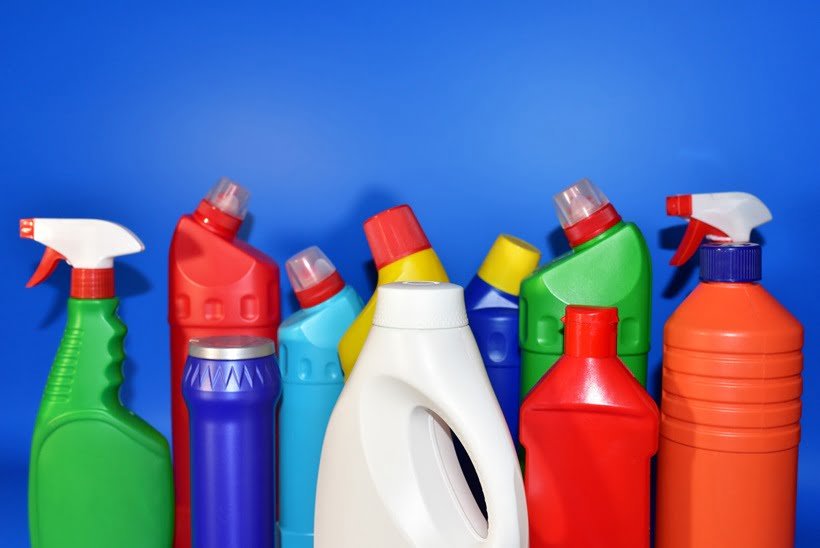
Loud Speakers
Using loud speakers in a camping area can disrupt the tranquility of nature and disturb fellow campers who seek peace and quiet in the great outdoors. The amplified sound can also startle wildlife, potentially causing them to avoid the area or behave unpredictably.
Instead of loud speakers, while packing essentials, you can opt for a more considerate alternative like portable, battery-operated headphones. This way, you can still enjoy your favorite music or podcasts without impacting the serene environment or intruding on others’ experiences. If you are a family or a group, while packing camping gear, you can pack a speaker that is not so loud.

Perfumes
Perfumes are one of the items what should you not bring to camp. Because these fragrant items can attract unwanted insects and wildlife, which can disrupt your peaceful outdoor experience and even pose safety risks. For instance, sweet-smelling perfumes can lure bees, wasps, or mosquitoes, making your stay uncomfortable and potentially hazardous.
Additionally, strong scents can interfere with the natural aromas of the wilderness, diminishing your connection with nature. To maintain a harmonious and safe camping environment, you may think of what to bring camping. The best option for you is to bring unscented personal care products and leave perfumes at home.

Accelerants
Accelerants such as lighter fluids can be extremely dangerous in an outdoor environment. Because these fluids can pose a significant risk of fire hazards, In addition, improper use or storage of accelerants can lead to accidental fires that not only endanger lives but also cause damage to the surrounding wilderness.
Additionally, the fumes from these chemicals can be harmful to both humans and wildlife, further exacerbating the risks. Instead of relying on accelerants, you can pack safer and more environmentally friendly methods of starting a campfire, such as using dry kindling, fire starters, or a portable camping stove. By avoiding accelerants and practicing responsible fire safety measures, you can help protect yourself, your fellow campers, and the natural environment from potential harm.
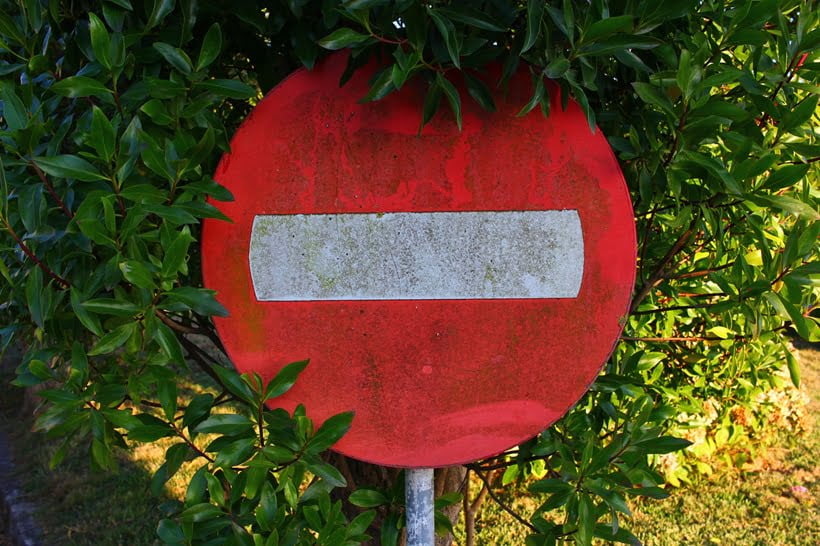
Aware of the Prohibited Items
Prohibited items can vary depending on the camping facility or government regulations. These items often include firearms, fireworks, and certain types of knives or tools that can pose safety risks. Additionally, many campgrounds prohibit alcohol, illegal substances, and drones to ensure a safe and family-friendly environment.
For your own concerns, you might think of carrying such prohibited items while preparing group or family camp gear. However, bringing prohibited items not only jeopardizes your safety and the well-being of others but can also result in hefty fines or expulsion from the campsite.
By adhering to the guidelines and leaving these items at home, you contribute to a safer, more enjoyable camping experience for everyone. Always check the specific rules of your chosen campsite before packing to ensure compliance and enhance your overall outdoor adventure.
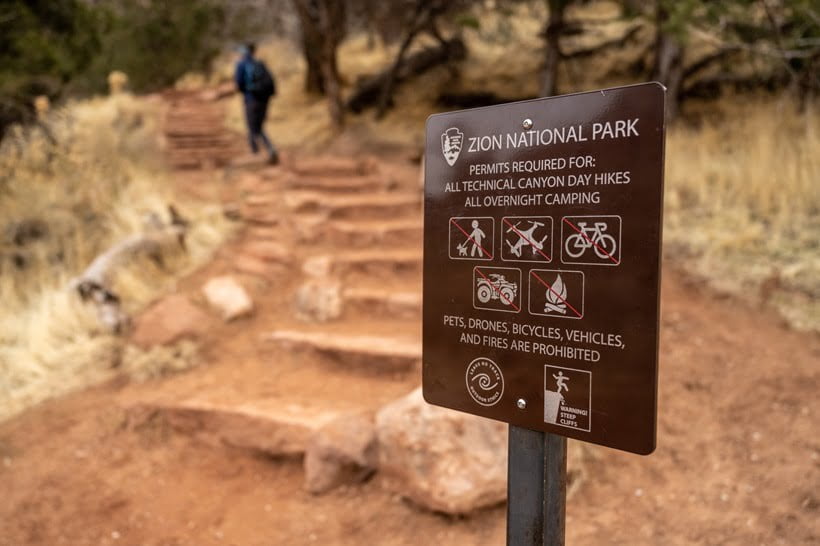
Unleashed Pets
You should consider not bringing your unleashed pet to the camp. Because unleashed pets can cause harm or discomfort to both people and wildlife in the camping area, They might run away and get lost, chase or attack wildlife, or disturb other campers by invading their space. In addition, these pets may bark excessively or show aggression.
So, this can lead to stressful and potentially dangerous situations for everyone involved. To ensure a safe and enjoyable experience for all, always keep your pet on a leash and under control. Bring along a sturdy leash and a comfortable harness, and ensure your pet is well-behaved and responsive to commands. By doing so, you help create a harmonious environment where both campers and pets can coexist peacefully and safely.
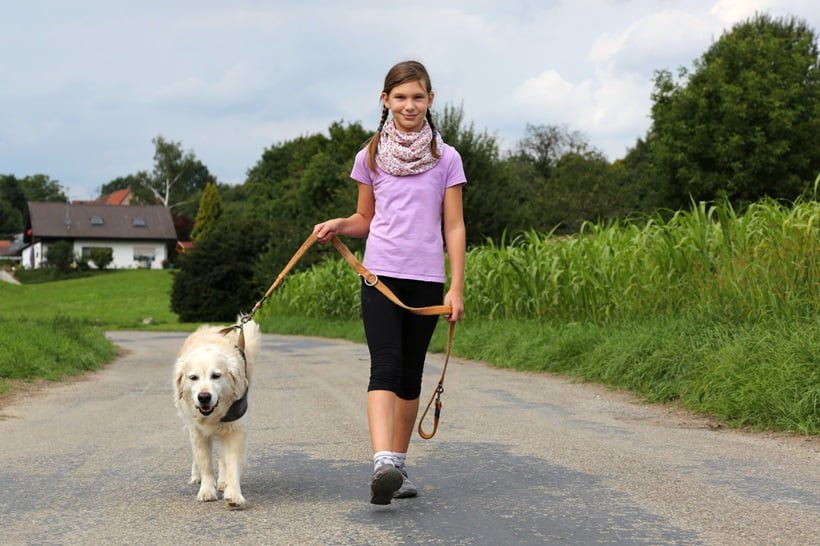
Disposable Packaging
Disposable packaging can seem like a great help while camping. However, these packaging items, such as plates, cups, forks, or spoons, can contribute to a significant amount of waste. In the natural environment of a camping area, proper waste disposal can be challenging, and littering can have detrimental effects on the ecosystem and wildlife.
Instead of carrying disposable packaging, you can carry reusable, eco-friendly alternatives such as stainless steel plates, cups, or utensils. Not only do reusable items help minimize waste, but they also save you money in the long run and are more durable for outdoor use.
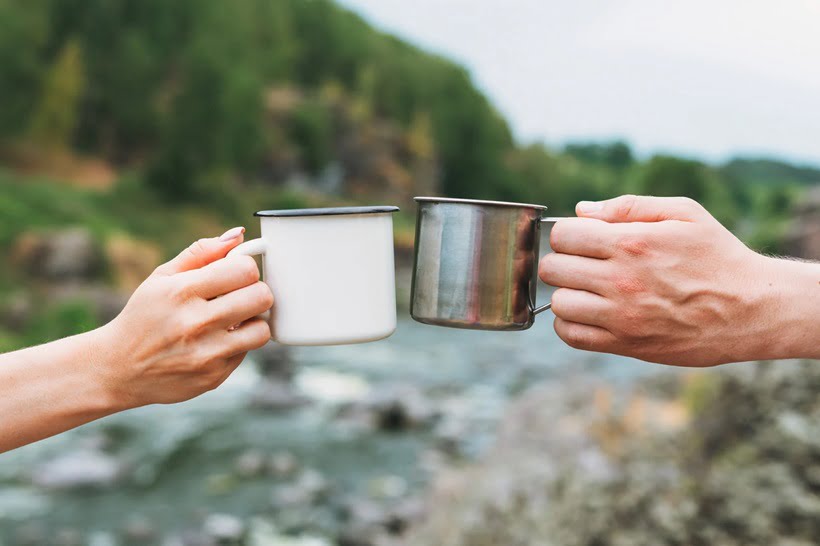
Excessive Food
Bringing more food than necessary can lead to leftovers that may spoil if not consumed promptly. In addition, these leftovers may attract unwanted pests, creating garbage. This not only adds to the cleanup effort but also increases the risk of environmental contamination.
Instead, you can pack portion-controlled meals and pack items that have a longer shelf life, such as foil-pack meals for camping or canned foods. These options minimize food waste and reduce the likelihood of creating excess garbage.
Additionally, practicing proper food storage and disposal techniques, such as using sealable containers and properly disposing of food scraps, can help keep your campsite clean and free of unwanted odors.
